
P0175 is a common trouble code that can appear in the Subaru Exiga. It’s generic, so it has the same meaning for your car as it would any other automobile.
There are MANY issues that can cause P0175 in the Exiga. If there are other codes present, use them to eliminate potential causes and save a ton of diagnostic time.
Subaru Exiga P0175: Quick Info
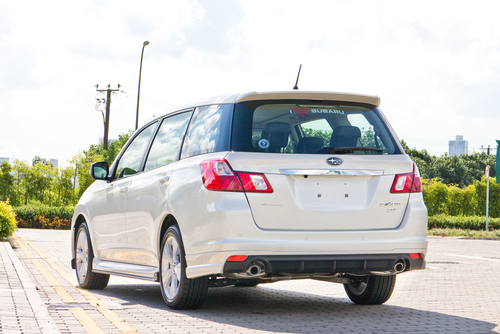
| Definition | P0175: Fuel System Too Rich – Bank 2 |
| Frequent Symptoms | Sputtering, Low MPG, MIL Light |
| Common Causes | Leaking Fuel Injector, Too Much Fuel Pressure at the Fuel Rail, Bad Air Filter, Vacuum Leak (full list below) |
| Breakdown Risk? | Sometimes. We don’t recommend driving with P0175 |
| Repair Difficulty | A Challenging Diagnosis |
| Estimated Repair Cost (Parts) | Varies |
Exiga P0175 Code Meaning

Fuel System Too Rich
P0175 is thrown when the oxygen sensors detect that the air-fuel mixture is too rich. A rich fuel mixture contains too much fuel in relation to air.
The A/F ratio for ideal combustion is 14.7 parts air to 1 part fuel (14.7:1). With that in mind, either too much fuel or not enough air can cause a vehicle to run rich.
Your Exiga will want a rich mixture at certain times (such as when your car is warming up). When the bank two O2 sensor detects that the mixture is richer than the engine control module is calling for, it’ll throw P0175.
If your Exiga’s PCM detected a lean condition, it would store P0174.
Bank 2
The side of the engine with the second cylinder is bank 2. Since your Exiga has two cylinder heads, you’ll need to determine which side of the engine is bank 2.
Subaru Exiga P0175 Causes

Here are the most common causes of P0175 in the Subaru Exiga:
- Vacuum Leaks– With the Subaru Exiga, a vacuum leak is one of the most common causes of the P0175 code. Take a look around and see if you can find a vacuum leak. Here’s a great YouTube video on how to find a vacuum leak.
- Oxygen Sensor– The P0175 code is thrown when the B2S1 O2 sensor does not register the right amount of oxygen in the exhaust. The computer will still adjust the air/fuel mixture to compensate. A bad O2 sensor will show a lean mixture more often, though.
- Mass Air Flow Sensor– Your Exiga’s mass air flow sensor calculates the volume of air entering the engine. If it has gone bad, the air-fuel mixture will be off, and the P0175 code will show (you’d likely see P0172, as well).
- Bad Fuel Injectors– If you have one or more faulty injectors, they can richen the air/fuel mixture.
- Fuel Pump/Fuel Filter– Today’s modern fuel-injected motors need a lot of fuel pressure to atomize the gas properly. If your Exiga’s fuel pressure is too high, atomization doesn’t happen properly, and fuel will dump into the engine.
- Air Filter– While it’s not the most common reason to throw the P0175 code, a clogged air filter can cause the code to throw.
How to Diagnose and Fix P0175 in the Subaru Exiga
There are a number of potential causes of P0175 in the Subaru Exiga. We recommend checking your vehicle for other codes first (so you don’t go in blind) and starting with the easiest stuff first.
1. Check for Other Codes
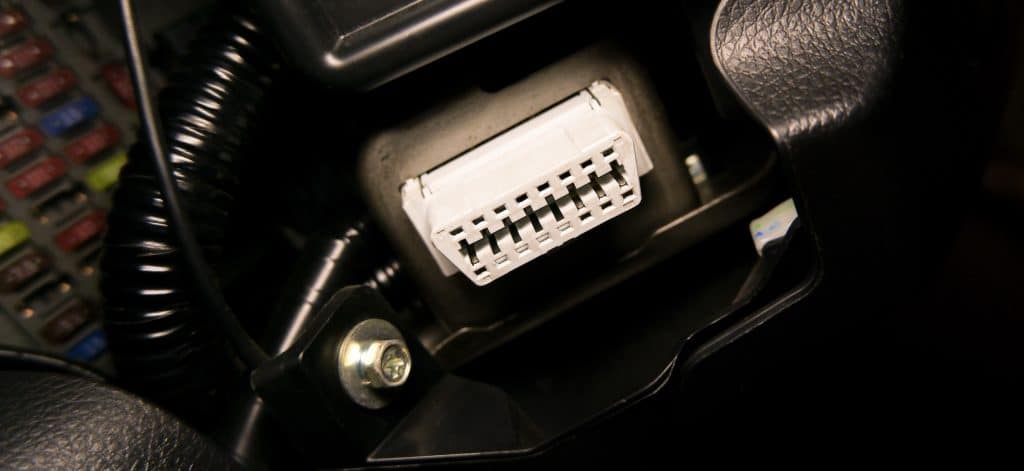
Other codes can provide valuable insight into what’s going on with your Exiga. P0175 rarely appears alone (if it does look for a vacuum leak, bad O2 sensor, or dirty MAF).
2. Do You Smell Gas?
When your Exiga’s engine is running, do you smell gas? If you smell a strong odor of gas while the engine is running, it can be caused by a leaking injector or a fuel regulation issue.
3. Check the Easily Checkable Items
- Check the air filter to ensure it isn’t filthy or something isn’t nested. If not enough air gets into the engine, P0175 can appear.
- Take a look at all the vacuum and PCV hoses. Verify they are tightly sealed and leak-free.
- Check for restrictions in the intake.
- Listen for an exhaust leak. It’s more likely to cause P0174, but it can happen.
- Inspect the injector wiring harness. If there’s obvious wiring damage, repairing it should clear the code. Look for loose, damaged, or cracked wiring.
- Examine the wiring harness going to the B2S1 O2 sensor.
- Contaminated oil can cause P0175.
4. Check The Fuel Pressure
If there were no obvious issues causing P0175, check the fuel pressure. You can usually get a loaner fuel pressure testing tool at many parts stores.
If the fuel pressure is too high at the rail, you’ll need to fix the issue with whatever your Exiga uses to regulate it or the fuel pressure sensor.
5. Clean the MAF Sensor
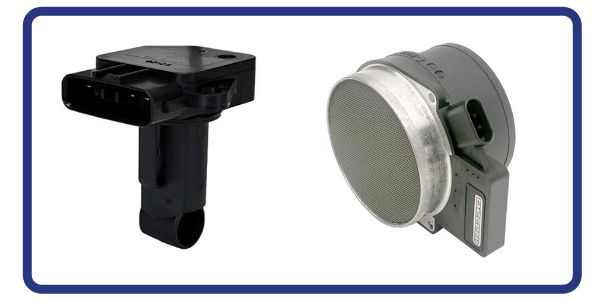
A dirty MAF sensor is a common cause of P0175. If you got a MAF-related code when you had your scan tool in, you’d want to address it in more detail. But if it’s dirty, that doesn’t always appear as a code.
Make sure only to use a MAF sensor cleaner. Here’s a quick 2-minute video that shows you exactly how to clean a MAF sensor.
6. Test the B2S1 O2 Sensor
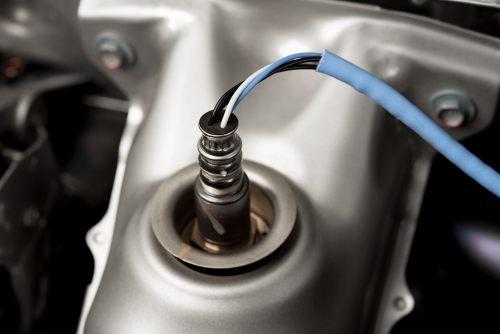
Earlier, we took a look at the B2S1 O2 sensor’s wiring. Now it’s time to test the sensor itself.
Since your Exiga came with a V6 or V8, you can swap the two O2 sensors on or by the exhaust manifolds. Clear the OBD II codes. If the code “jumps” to bank 2, you know that the O2 sensor needs replacing.
If you don’t want to do the swap test, you can use a multimeter to test them. Here’s how.
7. Test the Fuel Injectors
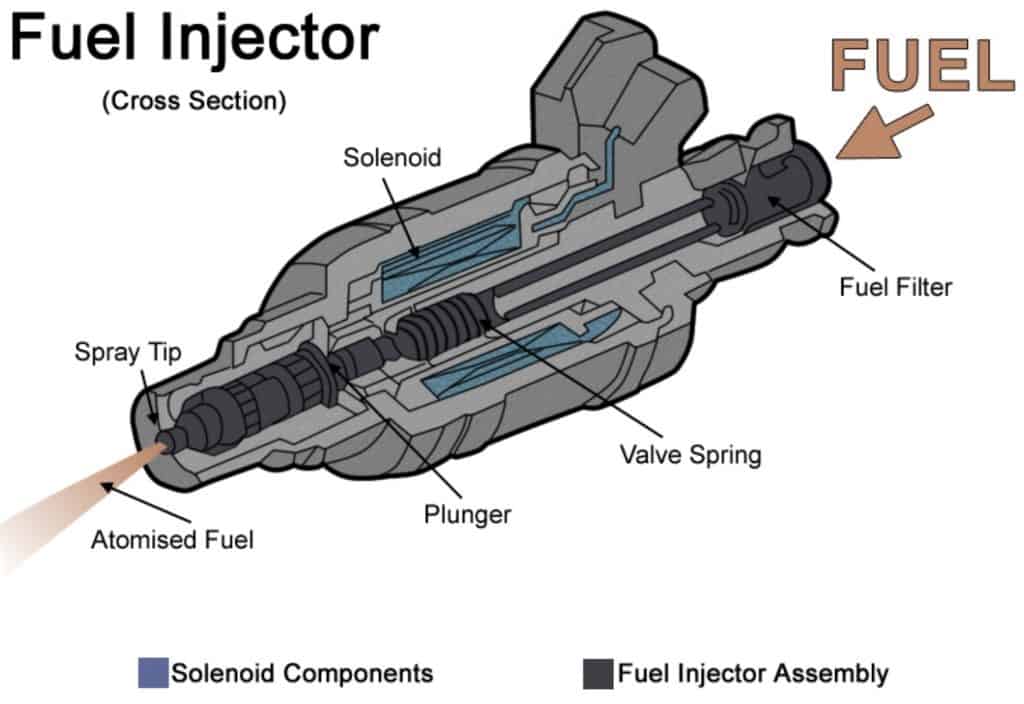
Test the fuel injectors to verify they aren’t leaking. Cleaning them may clear P0175.
Symptoms
There aren’t usually any drivability issues associated with P0175 in the Subaru Exiga. For most people, the first sign that anything is wrong is the service engine soon light coming on.
- Mileage- may or may not suffer depending on how much the air-fuel mixture has changed.
- Misfire– If the air-fuel mixture has gotten too far from factory specs, this can cause your Exiga to misfire.
- Idle Issues– With the air/fuel mixture altered, the car can idle erratically as the computer compensates to keep the engine running.
- Exhaust Smell/Color– Depending on how rich the motor runs, there could be some exhaust odor or discoloration.
- Fouled Spark Plugs– The spark plugs can foul if the engine runs very rich for a long enough period of time.
- Check Engine Light– Other codes may appear with P0175 as well.
Conclusion
P0175 can be caused by quite a few issues in the Subaru Exiga. Swapping the O2 sensors and seeing if it “jumps” to bank 1 is a quick and easy way to eliminate the B2S1 O2 sensor.
